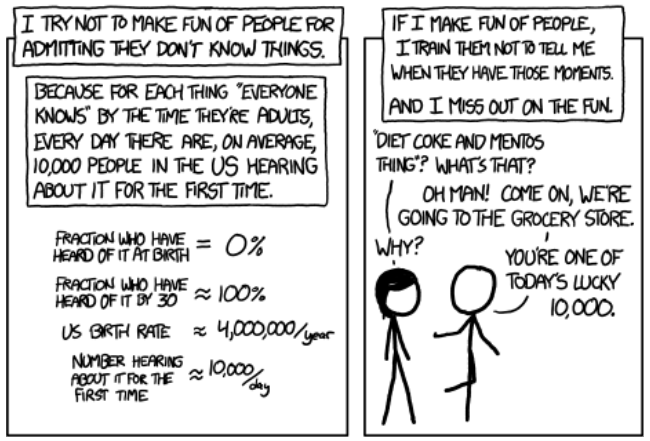This week my favourite article was @Walkendent’s (Ben White’s) article on using comparative judgment as formative assessment. Comparative judgment is a marking process based upon judging pairs of student responses, and from that forming a ranking of all responses. It’s touted as being quicker and more reliable than traditional marking methods, so I’ve been interested in it from some time but haven’t managed to work out exactly how to use it in my context, or to use it as formative assessment. This excellent post by Ben outlines exactly how he’s used it with his psychology class to great effect.
If you’re interested in the research behind homework, Alex Quigley offers an excellent summary in his blog post on the matter.
Takeaways 4, 5, and 6 are all interesting little pieces that you might like to check out if you’ve got a second (pt 5) or 45 mins (pt 4) to explore.
And takeaways 7 and 8 should be very interesting to anyone teaching humanities and/or english language learners. The idea of the ‘academic word list’ I found fascinating. (all past TOTs here),
Using comparative judgment as formative assessment, via @Waldenkent
Great article on how to use comparative judgements on short writing tasks. Formative assessment. https://t.co/YbbkvR8YtC via @Waldenkent
— Oliver Lovell (@ollie_lovell) February 26, 2018
What does research have to say about homework? via @HuntingEnglish
Article detailing research on hwk + some good qs to guide setting it https://t.co/Z3DXZ3qUxF via @HuntingEnglish pic.twitter.com/o53vM9JcPE
— Oliver Lovell (@ollie_lovell) February 27, 2018
Evidence informed practice and teacher autonomy. Mutually exclusive? via @Waldenkent
On the interplay between evidence informed practice and teacher autonomy . https://t.co/b1yR2Ua8JW via @Waldenkent pic.twitter.com/9clNfgljuC
— Oliver Lovell (@ollie_lovell) February 26, 2018
Darwin. A youtube lecture on discoveries driven by curiosity
A superb talk about Darwin. Explores how he crowd sourced data, details some of his wacky experiments with dead pigeons and duck feet, and paints a picture of an individual driven by curiosity. Inc. some experiments tchrs can replicate with students https://t.co/PInUeKlkZU
— Oliver Lovell (@ollie_lovell) February 28, 2018
A cartoon box to help build a culture of error
The maths of how many ppl don't know the thing… https://t.co/0d1uXgKwb0
— Oliver Lovell (@ollie_lovell) February 27, 2018
Girls start to associate intelligence with gender around age six
Researchers observe that young girls start associating intelligence with gender around age 6. https://t.co/74UJumJxbQ
— Oliver Lovell (@ollie_lovell) February 26, 2018
Quick activity to promote student perspective taking
Quick and concrete activity to prompt a discussion on perspective taking https://t.co/CMkIMYEqNk pic.twitter.com/C0Qw3yDlcc
— Oliver Lovell (@ollie_lovell) March 1, 2018
The academic word list. A MUST consider resource for anyone working with English language learners
Wow, I just found out about the Academic Word List. A fantastic concept! https://t.co/zMSeJJeVnr pic.twitter.com/VX8te1iaPu
— Oliver Lovell (@ollie_lovell) February 26, 2018
